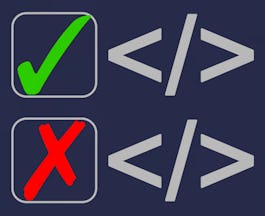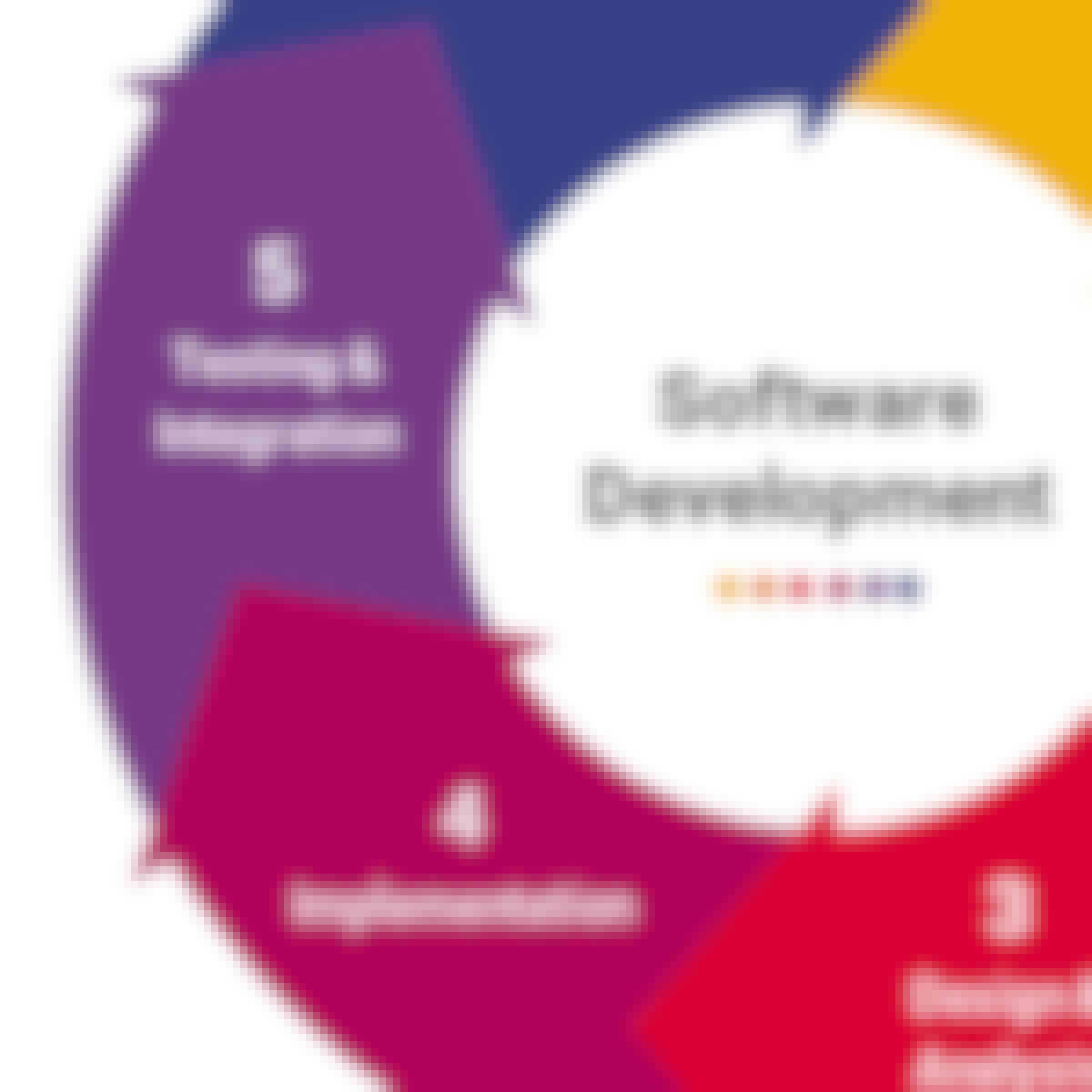Filter by
The language used throughout the course, in both instruction and assessments.
Choose the Software Testing Course That Aligns Best With Your Educational Goals

University of Leeds
Skills you'll gain: Software Testing

University of Minnesota
Skills you'll gain: Software Testing, Software Engineering, Computer Programming, Java Programming, Mobile Development Tools, Web Development, Problem Solving, Data Analysis Software, Programming Principles, System Software, Android Development, HTML and CSS, Mobile Development, Other Web Frameworks, Planning, Web Development Tools, iOS Development

University of Minnesota
Skills you'll gain: Computer Programming, Software Engineering, Software Testing, Problem Solving, Data Analysis Software, Java Programming, Programming Principles, System Software, Planning

Skills you'll gain: Software Engineering, Computer Programming, Software Engineering Tools, Application Development, Programming Principles, Software Architecture, Agile Software Development, Communication, Full-Stack Web Development, User Experience Design, Python Programming

Skills you'll gain: Javascript, Software Testing

Skills you'll gain: Cloud Computing, Cloud Platforms, Collaboration, Computer Programming, Data Structures, Google Cloud Platform, Leadership and Management, Problem Solving, Python Programming

Skills you'll gain: Software Engineering, Software Testing

Skills you'll gain: HTML and CSS, Javascript, Front-End Web Development, React (web framework), Web Development, User Experience, Algorithms, Computer Science, Web Design, Application Development, Computer Programming, Software Engineering, Web Development Tools, Collaboration, Communication, Data Structures, Human Computer Interaction, Interactive Design, Linux, Problem Solving, Product Design, Software Engineering Tools, Software Testing

University of Minnesota
Skills you'll gain: Software Testing, Mobile Development Tools, Web Development, Android Development, HTML and CSS, Mobile Development, Other Web Frameworks, Web Development Tools, iOS Development

Skills you'll gain: DevOps, Software Engineering, Cloud Computing, Computer Programming, Application Development, Software Architecture, Cloud Applications, Continuous Delivery, Continuous Integration, Python Programming, Software Engineering Tools, Software Testing, Agile Software Development, Security Engineering, Cloud Infrastructure, Kubernetes, Programming Principles, Cloud-Based Integration, Microarchitecture, Cloud Platforms, Communication, Full-Stack Web Development, IBM Cloud, Scrum (Software Development), Software Security, Cloud Storage, Docker (Software), Linux, User Experience Design, Collaboration, Leadership and Management, Data Analysis, Mergers & Acquisitions

The Hong Kong University of Science and Technology
Skills you'll gain: Software Engineering, Software Testing, Agile Software Development, Scrum (Software Development), Software Engineering Tools, System Software, Project Management
 Status: Free
Status: FreeAtlassian
Skills you'll gain: Agile Software Development, Leadership and Management, Planning, Product Development, Product Management, Project Management, Scrum (Software Development), Software Engineering, Software Testing, Technical Product Management, Jira (Software)
In summary, here are 10 of our most popular software testing courses
- Foundations of Software Testing and Validation: University of Leeds
- Software Testing and Automation: University of Minnesota
- Introduction to Software Testing: University of Minnesota
- Introduction to Software Engineering: IBM
- Software Testing for Developers: Codio
- Google IT Automation with Python: Google
- Introduction to Test and Behavior Driven Development: IBM
- Meta Front-End Developer: Meta
- Web and Mobile Testing with Selenium: University of Minnesota
- IBM DevOps and Software Engineering: IBM










